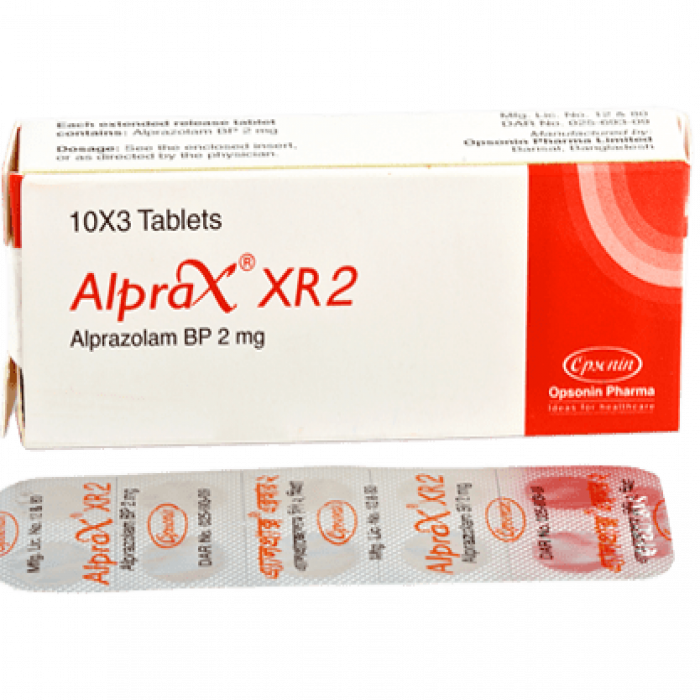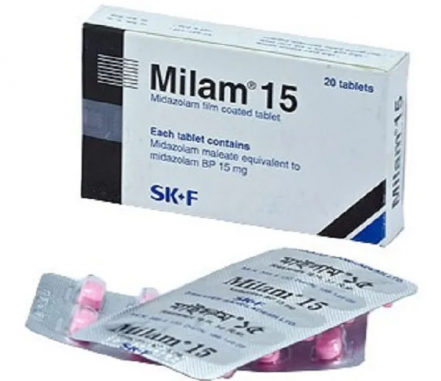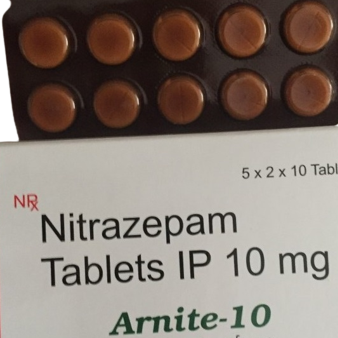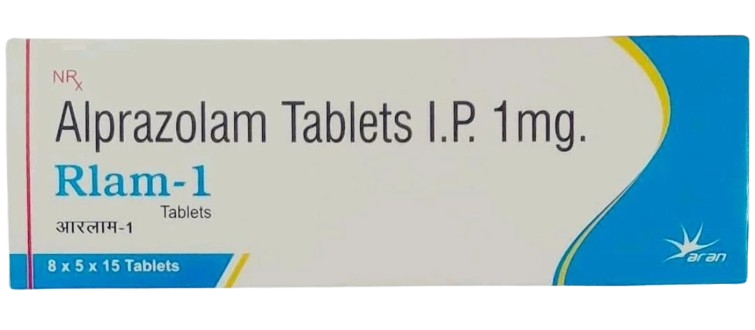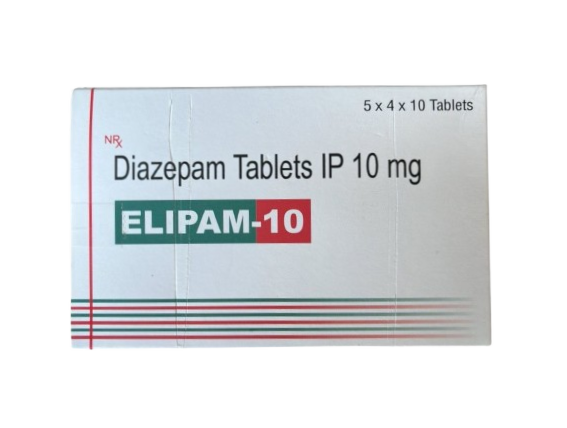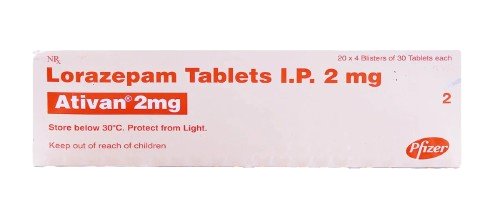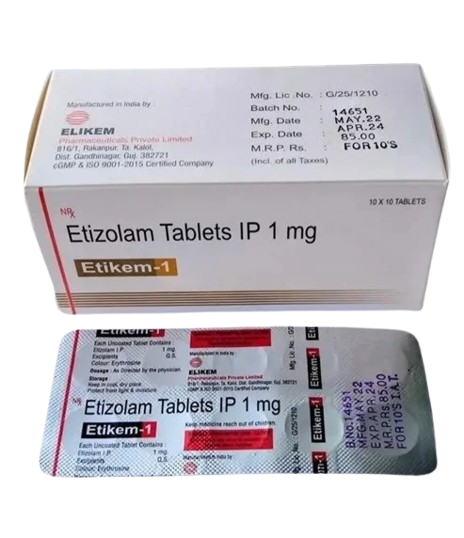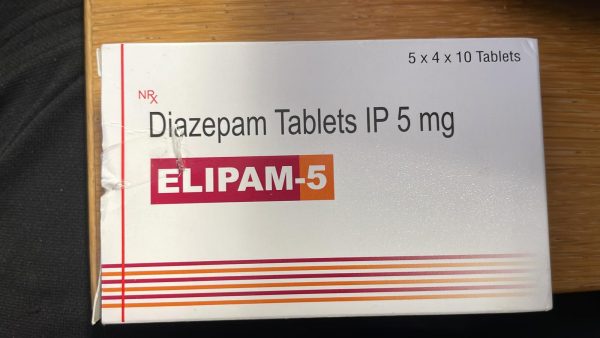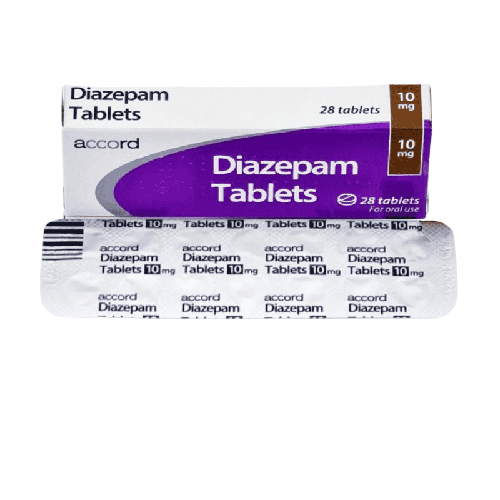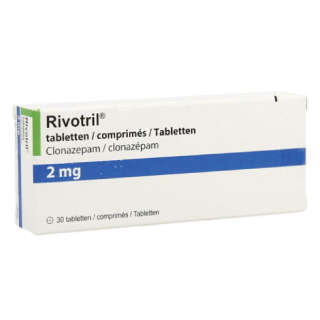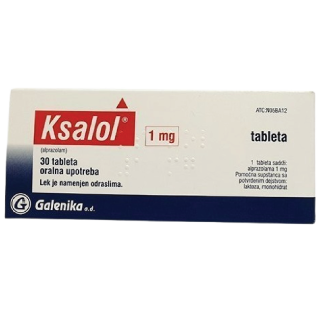About Anxiety Medication
Anxiety medications are prescribed to help manage symptoms of anxiety disorders, such as excessive worry, panic attacks, or generalized anxiety. These medications work by balancing brain chemicals that affect mood and stress responses. Here are the main types of anxiety medications:
Benzodiazepines (e.g., Alprazolam (Xanax), Lorazepam (Ativan), Diazepam (Valium)):
- These medications provide rapid relief by enhancing the effect of the neurotransmitter GABA, which has calming effects on the brain. They are effective for short-term or acute anxiety management but can lead to tolerance, dependence, and withdrawal symptoms, so they are typically not used for long-term treatment.
Selective Serotonin Reuptake Inhibitors (SSRIs) (e.g., Sertraline (Zoloft), Fluoxetine (Prozac), Escitalopram (Lexapro)):
- SSRIs are often prescribed for long-term anxiety treatment. They work by increasing serotonin levels in the brain, which helps regulate mood and anxiety. They usually take a few weeks to become effective and are commonly used to treat generalized anxiety disorder (GAD), panic disorder, and social anxiety disorder.

Alprazolam Xanax 1mg (Rlam)
£42.60 – £349.00Price range: £42.60 through £349.00
0 out of 5
(0 Review )


